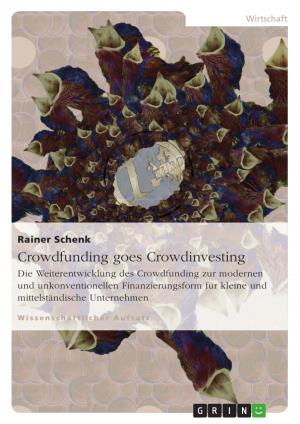Discuss the impact of globalization on global poverty and inequality
Nonfiction, Social & Cultural Studies, Political Science| Author: | Veronika Minkova | ISBN: | 9783656016533 |
| Publisher: | GRIN Verlag | Publication: | September 28, 2011 |
| Imprint: | GRIN Verlag | Language: | English |
| Author: | Veronika Minkova |
| ISBN: | 9783656016533 |
| Publisher: | GRIN Verlag |
| Publication: | September 28, 2011 |
| Imprint: | GRIN Verlag |
| Language: | English |
Essay from the year 2010 in the subject Politics - International Politics - Topic: Globalization, Political Economics, grade: 1,7, King`s College London, language: English, abstract: The period from the end of the World War II to the mid-1970s saw world-wide sustained and high economic growth. Within a generation Western European society was transformed from predominantly agrarian to post-industrial. Latin America, Asia and Africa also were heading towards higher growth rates. During the 1980s, a new period of integration of national economies led to the intensification of international economic interconnectedness and developing economies were expected to overcome the between-country income gap through openness-growth link. This was seen as the manifestation of neoliberalism as new forms of international economic relations emerged such as industrialisation and the new international division of labour. However, as recent studies point towards increasing world poverty and inequality, scholars have re-examined the validity of the neoliberal argument. After years of implementing prescribed reforms, some developing countries and regions, such as Sub-Saharan Africa, have not experienced the expected growth. Chapter 2 summarizes the implications of the policy-paradigm inspired by the Washington Consensus. Chapter 3 identifies current trends in global poverty and inequality with attention to the different measures used to interpret world economic well-being. The next chapter analyses the openness-growth-inequality-poverty nexus. The final chapter seeks to recognize causes of poverty and inequality transmitted by the globalization process. The factors of poverty and inequality path dependence are grouped in four categories: economic openness and technological progress; macroeconomic policies; financialisation of the economy; and international financial institutions.
Essay from the year 2010 in the subject Politics - International Politics - Topic: Globalization, Political Economics, grade: 1,7, King`s College London, language: English, abstract: The period from the end of the World War II to the mid-1970s saw world-wide sustained and high economic growth. Within a generation Western European society was transformed from predominantly agrarian to post-industrial. Latin America, Asia and Africa also were heading towards higher growth rates. During the 1980s, a new period of integration of national economies led to the intensification of international economic interconnectedness and developing economies were expected to overcome the between-country income gap through openness-growth link. This was seen as the manifestation of neoliberalism as new forms of international economic relations emerged such as industrialisation and the new international division of labour. However, as recent studies point towards increasing world poverty and inequality, scholars have re-examined the validity of the neoliberal argument. After years of implementing prescribed reforms, some developing countries and regions, such as Sub-Saharan Africa, have not experienced the expected growth. Chapter 2 summarizes the implications of the policy-paradigm inspired by the Washington Consensus. Chapter 3 identifies current trends in global poverty and inequality with attention to the different measures used to interpret world economic well-being. The next chapter analyses the openness-growth-inequality-poverty nexus. The final chapter seeks to recognize causes of poverty and inequality transmitted by the globalization process. The factors of poverty and inequality path dependence are grouped in four categories: economic openness and technological progress; macroeconomic policies; financialisation of the economy; and international financial institutions.















